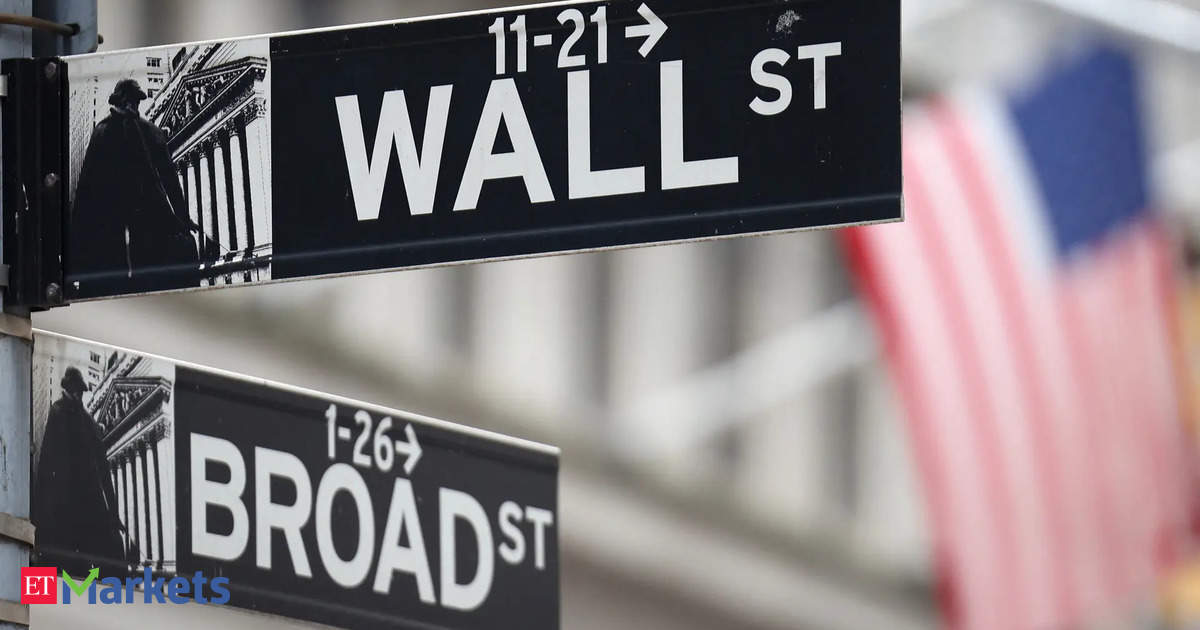Data on Thursday showed that the number of Americans filing new claims for unemployment benefits increased marginally last week, while Hurricane Helene and port strikes could distort the labor market outlook in the near term.
Friday jobs report for September is considered key to the US prospects. interest rates. Economists polled by Reuters expect 140,000 jobs to be created, while the unemployment rate is expected to remain stable at 4.2%.
Investors are eager for more data on the labor market after the Federal Reserve last month cut its benchmark interest rate by an unusually large 50 basis points, the first reduction in borrowing costs since 2020.
“It looks like investors are cautious ahead of tomorrow’s jobs report,” said Adam Sarhan, chief executive of 50 Park Investments in New York.
Additionally, he said, “it’s normal to see some profit taking after a big rally like we’ve had in the last two or three weeks.” The Cboe Volatility Index, Wall Street’s fear gauge, rose to 20.49, its highest closing level since Sept. 6. Israel’s military told residents of more than 20 cities in southern Lebanon to evacuate their homes immediately on Thursday.
He Dow Jones The Industrial Average fell 184.93 points, or 0.44%, to 42,011.59, the S&P 500 lost 9.58 points, or 0.17%, to 5,699.96 and the Nasdaq Composite fell 6.65 points , or 0.04%, to 17,918.48.
The S&P 500 is still up 19.5% so far this year.
Traders now estimate a 35% chance of a 50 basis point cut next month, up from 49% a week ago, CME Group’s FedWatch tool shows.
The benchmark briefly turned positive after the Institute for Supply Management survey showed the U.S. services sector Economic activity jumped to a 1-1/2-year high in September, further evidence that the economy remained robust in the third quarter.
“Once again, services are doing the heavy lifting of keeping this economy going,” said Brian Jacobsen, chief economist at Annex Wealth Management.
But also, he said, “oil prices have gone up and the port strike can really ruin things.
Energy stocks rose alongside a rise in oil prices as concerns grow about a widening regional conflict in the Middle East that could pose a threat to global crude flows. The S&P 500 energy index rose 1.6%.
A workers strike on the East and Gulf coasts entered its third day. Morgan Stanley economists said a prolonged shutdown could raise consumer prices, with food prices likely to react first.
Constellation Brands shares fell 4.7% after the beer maker maintained its fiscal 2025 sales and profit forecast.
Results from some of the big U.S. banks are expected to unofficially kick off third-quarter S&P 500 earnings late next week.
Declining issues outnumbered rising ones on the New York Stock Exchange by a ratio of 2.13 to 1; On the Nasdaq, a 1.99-to-1 ratio favored decliners.
The S&P 500 recorded 25 new 52-week highs and 2 new lows; The Nasdaq Composite recorded 63 new highs and 114 new lows.
Volume on US exchanges was 11.01 billion shares, compared to the average of 12.08 billion for the entire session over the last 20 trading days.
Disclaimer:
The information contained in this post is for general information purposes only. We make no representations or warranties of any kind, express or implied, about the completeness, accuracy, reliability, suitability or availability with respect to the website or the information, products, services, or related graphics contained on the post for any purpose.
We respect the intellectual property rights of content creators. If you are the owner of any material featured on our website and have concerns about its use, please contact us. We are committed to addressing any copyright issues promptly and will remove any material within 2 days of receiving a request from the rightful owner.

